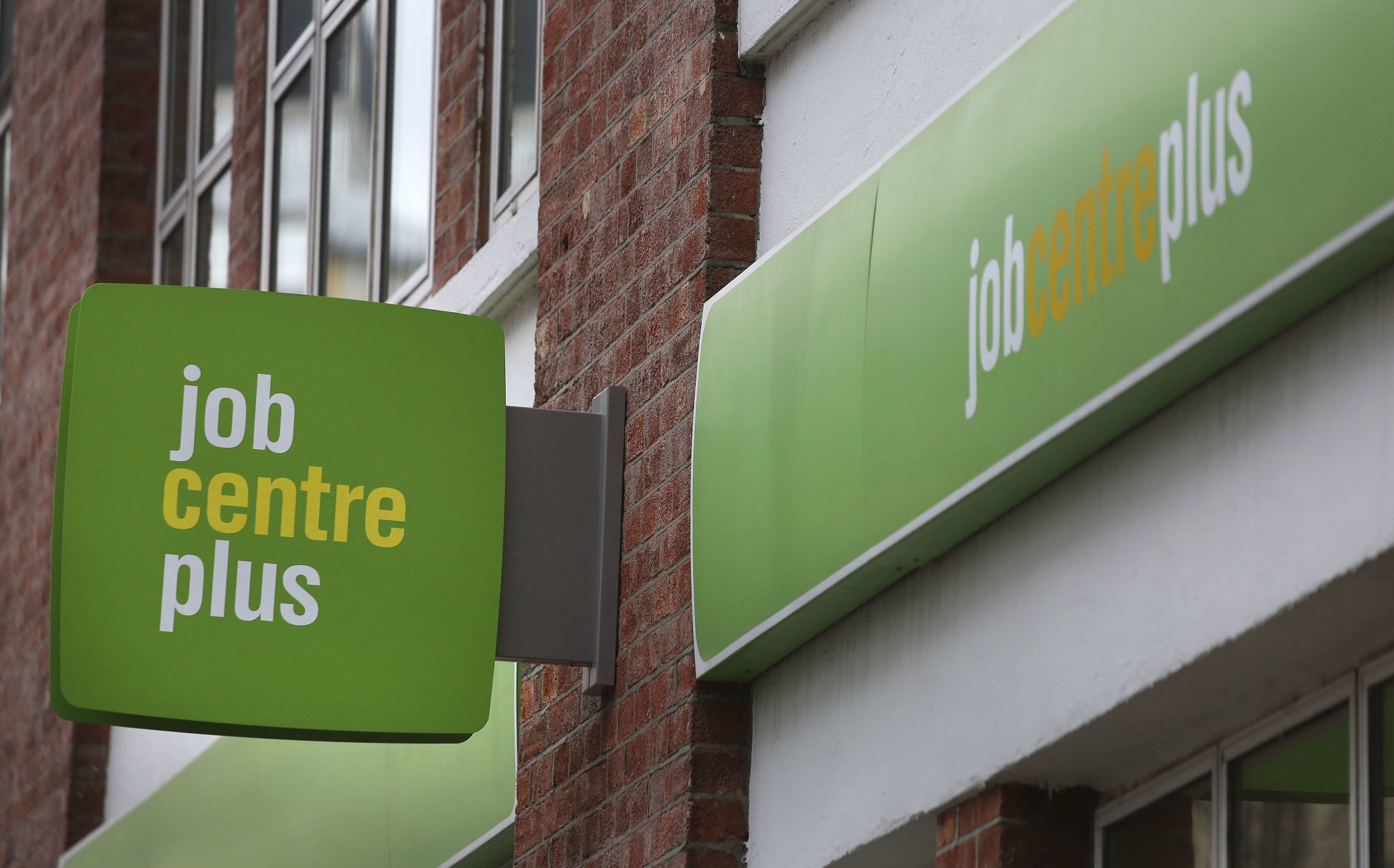Slight drop in Scotland’s unemployment rate
Between August and October, 111,000 people aged 16-64 were unemployed.

Your support helps us to tell the story
From reproductive rights to climate change to Big Tech, The Independent is on the ground when the story is developing. Whether it's investigating the financials of Elon Musk's pro-Trump PAC or producing our latest documentary, 'The A Word', which shines a light on the American women fighting for reproductive rights, we know how important it is to parse out the facts from the messaging.
At such a critical moment in US history, we need reporters on the ground. Your donation allows us to keep sending journalists to speak to both sides of the story.
The Independent is trusted by Americans across the entire political spectrum. And unlike many other quality news outlets, we choose not to lock Americans out of our reporting and analysis with paywalls. We believe quality journalism should be available to everyone, paid for by those who can afford it.
Your support makes all the difference.Unemployment in Scotland has fallen in the last quarter, according to latest figures.
Data from the Office for National Statistics (ONS) showed the unemployment rate for those aged 16 years and over was 4.1% between August and October, down 0.2% on the previous quarter.
There was a slight increase in the employment rate for those aged 16 to 64 which was 74.6%, up 0.5% on the period of May to July.
Across the UK, the employment rate for those aged 16-64 was 75.5% while the unemployment rate for over 16s was 4.2%.
We are all too aware of the continuing impact and economic uncertainty that Covid is having and that is why we are doing all we can to limit the spread of the virus and mitigate the effects it has on our economy
In Scotland there were 2.553 million people aged 16-64 in employment between August and October while 111,000 people in that age range were unemployed.
Employment minister Richard Lochhead MSP said: “For August to October 2021, Scotland’s estimated employment rate rose over the quarter to 74.6% while the estimated unemployment rate fell to 4.1%.
“Separate HMRC early estimates show 2.40 million employees in Scotland in November 2021, 16,000 more than in February 2020, prior to the pandemic.
“We are all too aware of the continuing impact and economic uncertainty that Covid is having and that is why we are doing all we can to limit the spread of the virus and mitigate the effects it has on our economy.
“The 2022-2023 Scottish Budget invests an additional £68.3 million in employability and training to help businesses address skills shortages and create high quality, sustainable jobs.
“Spending in this area is targeted at all sectors and social groups, including people currently furthest from employment, so that everyone and every region can benefit from Scotland’s economic transformation.
“To accelerate the potential of digital technology £192 million is allocated to improve connectivity and boost the digital economy, including specific support for small and medium-sized businesses.”
The University of Strathclyde’s Fraser of Allander Institute said the new data continues to suggest a relatively tight labour market in Scotland, a combination of supply struggling to meet the recovery in demand, coupled with ongoing Covid-19 disruptions and economic uncertainty weighing on investment decisions.
Head of research Dr Stuart McIntyre said: “The latest data illustrate a relatively tight labour market, driven in part by the ongoing economic recovery from the worst of the pandemic and in part by ongoing supply-side challenges.
“While we’re seeing signs of recovery in a number of key areas of the labour market, including for younger workers and for women, there remains some way to go before our economy will have recovered from the pandemic.
“Despite the tightness of the labour market and the substantial drop in the number of people claiming unemployment related benefits through 2021, we’ve still got nearly 36,000 more people accessing unemployment-related benefits than two years ago.”
Scottish Secretary Alister Jack said: “Today’s figures tell a positive story for Scotland, with unemployment down and the number of people on the payroll continuing to exceed pre-pandemic figures.
“Clearly, we are not yet over the pandemic, but it does suggest that our Plan for Jobs is working, helping people up and down the country find well-paid, skilled employment.
“Creating high-quality jobs and ensuring recovery from the pandemic remain our top priorities.
“That’s why we’ve guaranteed record Barnett-based funding for Scotland and we’re giving NHS Scotland the support it needs to help tackle Covid.”